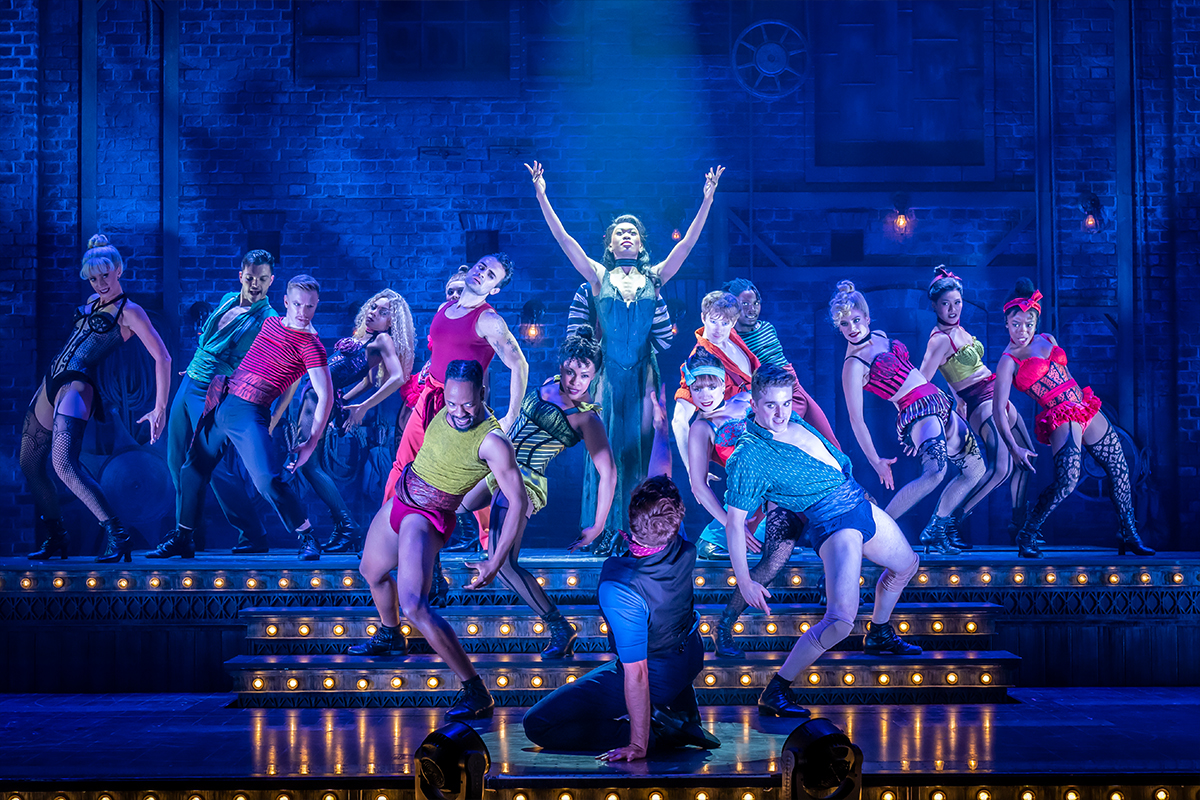Desolate Heaven
Irish playwright Ailís Ní Ríain won the Tom Erhardt Peggy Ramsay Award for Desolate Heaven, and Theatre503 hosts its world premiere. Directed by Paul Robinson, the story explores the burdens of two young girls, who run away to explore not only the world, but themselves.
Even though the two girls, played by Carla Langley and Evelyn Lockley, seem to be polar opposites, there are similarities that they soon discover in their journey. Both girls carry the weight of taking care of their immobile parents and never have the chance to live the way they want to. And yet, they both carry the weight of the need to be important to someone. While Orlaith (Langley) has already been disappointed, trying to “be one of the guys” and being taken advantage of, Sive (Lockley) wants to be important too and cared for by Orlaith. They join together in this need for freedom, and begin to explore their own feelings and their sexuality with one another.
There is a lot of reflection and iteration cleverly placed in the script in order to establish the new relationships forming; for example, a conversation that Sive has with her mother in Scene II is repeated between Orlaith and Sive later on, telling us Orlaith has become a new mother-figure for Sive. Roles change this way several times through the play, and literally so for Bríd Brennan who plays three different characters in the story. And yet, her role in the girls’ lives remain the same; Brennan brilliantly brings the audience three distinct characters, while keeping the same care and charity and even humor reflecting in all of them.
As the girls watch themselves and each other chance through their experiences, they begin to learn that they must someday be alone. And while some can handle that, and move on to other stages of their lives, others cannot.
Right away, the set (designed by James Perkins) and lighting (designed by Lee Curran brilliantly give us the feeling of “desolate”, as the title suggests. The playing space is small, with one wall and a gaping black window taking over the stage, and it reflects the enclosure, darkness and pain that haunt the girls every steps.










